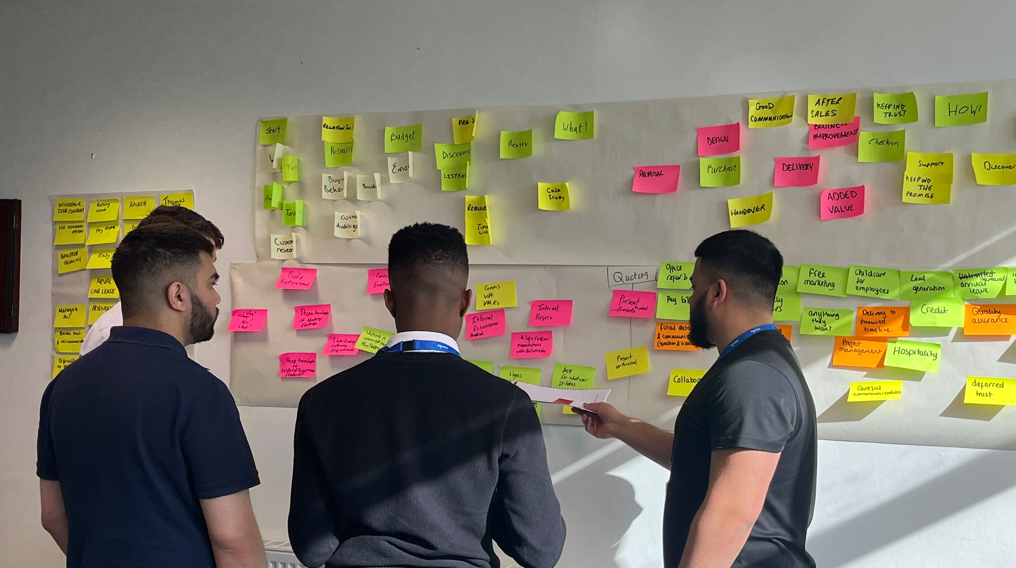How do you know if coaching is the right tool to use?
One of the things we’ve been talking about recently is the distinction between ‘coaching’ and ‘mentoring’. But there are other development tools to throw into the mix, isn’t there? I’m thinking facilitation and training and there are others. So, how do you know if coaching is the right tool to use over these other development tools?
The managers, directors, leaders and supervisors that we speak to, often have this issue. Which tool is right to apply in the moment? One of the important things from any development tool is to just pause and increase your awareness. Something we often come across when we’re working with people is that they aren’t aware of what’s happening: either for themselves or for the person they’re trying to develop. I’m not going to call them a coachee or a mentee at the moment, we’re just talking about: the person they’re trying to develop, what’s right and appropriate for them and also their personal awareness of that situation.
Tell or Ask – which tool is best?
Abraham Maslow said, “I suppose it is tempting, if the only tool you have is a hammer, to treat everything as if it were a nail.”
What’s interesting is when you start delving, exploring and understanding what’s right for the person you’re trying to develop – that’s when you can say which tool is appropriate at the moment. A mentoring session might be very much about the ‘tell’ – i.e. here’s my experience and here’s what worked for me. The coaching session is very much about the ‘ask’ and allowing the other side of the equation, so in this case, you are into the coachee perspective, allowing the coachee to explore and understand at that point. Another point is, if somebody is brand new to your business, mentoring might not be quite so effective because they don’t have as many reference points to connect to. Coaching may well not work because they don’t have the experience to draw on, whereas training absolutely would work and that ‘tell’ session would be appropriate. Why not take a look at our blog Developing your coaching approach?
Pause for a second and reflect
What’s fascinating about the facilitation piece is that it’s a really under-used tool in terms of allowing a group of people to explore ideas. But what is also interesting is, if you look at where somebody is in terms of their personal development, and pause for a second and reflect on that, it gives you a greater opportunity to think about the tool that you want to apply. The nice bit is, as you get more experienced in your coaching skills, in your mentoring skills and facilitation (if that’s important to you) or the training, you can almost seamlessly move between the two. That becomes really important because the person on the other side of the development equation needs to feel that it’s a seamless and joined up operation.
Now as a new coach or a new mentor you might struggle with that a bit but it’s just being conscious and aware of what’s right at this moment and then making that subtle shift as the person delivering the mentoring (or the coaching in this case) is key.
If you are new to coaching you may want to take a look at one of our free resources Planning your coaching session.
Image courtesy of Pixabay










